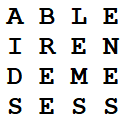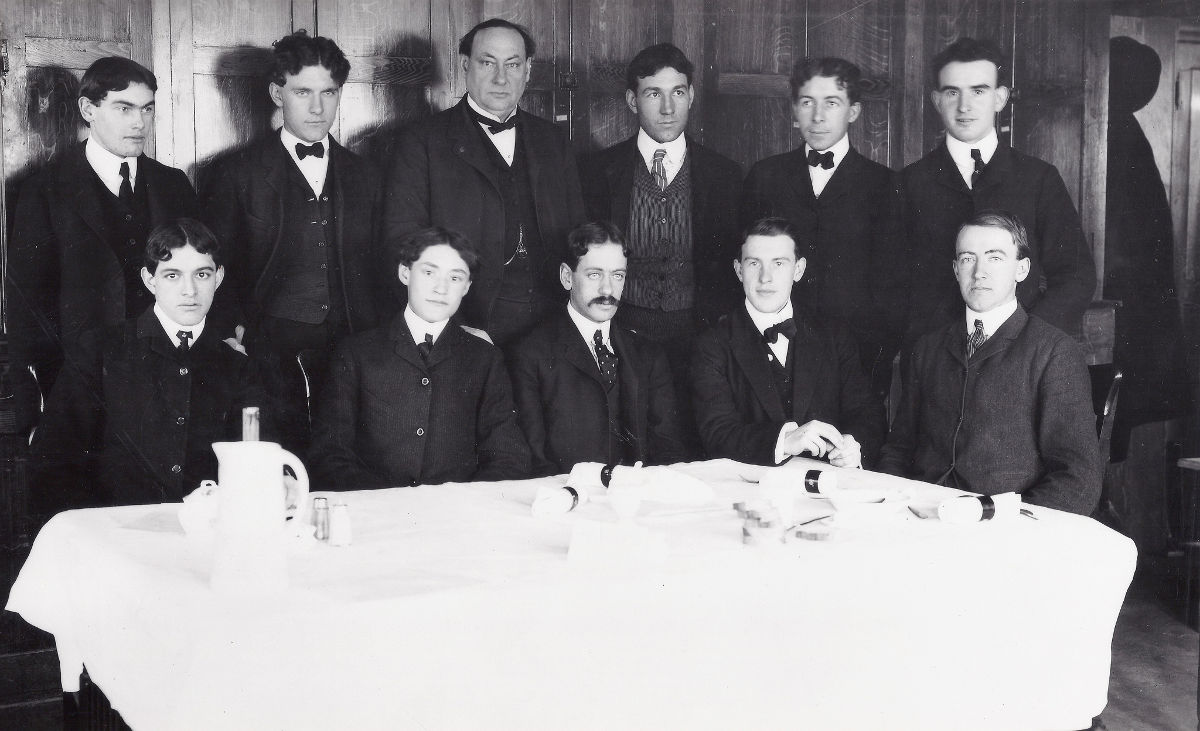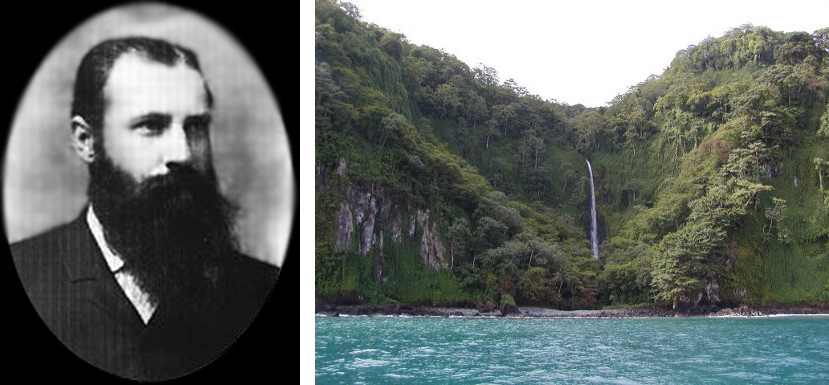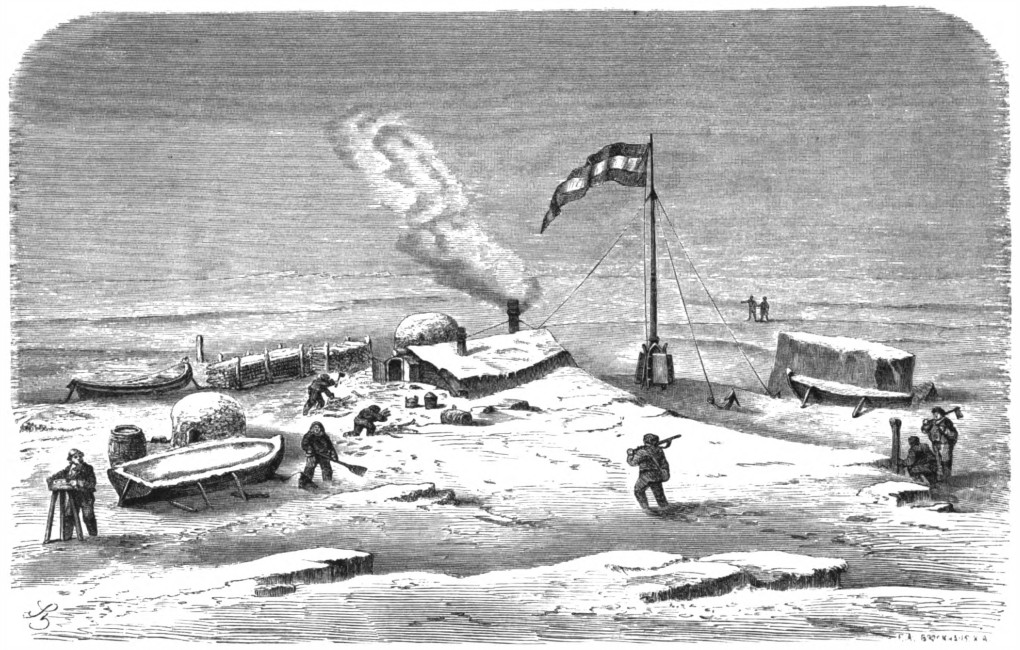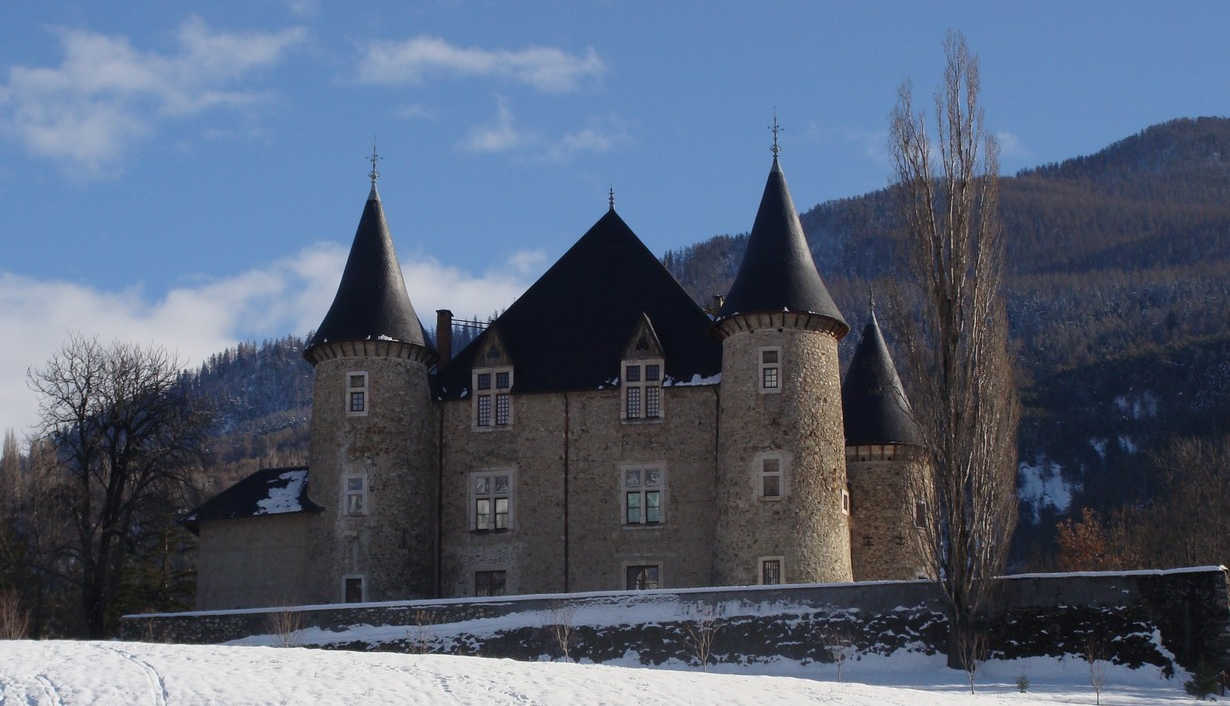There was an old fellow called Hugger,
Who was captain and mate of a fishing smack;
When a yacht crossed his bows,
He said: “My word!
It’s an awfully good thing it wasn’t a liner.”
— Arnold Hyde
An American girl in Versailles
Said: “I feel so ashamed I could weep.
Ten days I’ve been here
And not gone to the Louvre.”
“Never mind,” said someone, “it’s possibly only the hard water.”
— Quoted in Anthony Burgess’ But Do Blondes Prefer Gentlemen?
There was a young lady of Ealing
Who walked up and down on the window;
And there, for a while,
To vary her technique,
She practiced strathspeying and hornpipes.
— Allen M. Laing
There was a young lady called Dawes,
Went out to a dance without gloves;
Her ma said: “Amelia!
Should anyone dance with you,
He’ll take you for one of them actresses.”
— Anonymous

